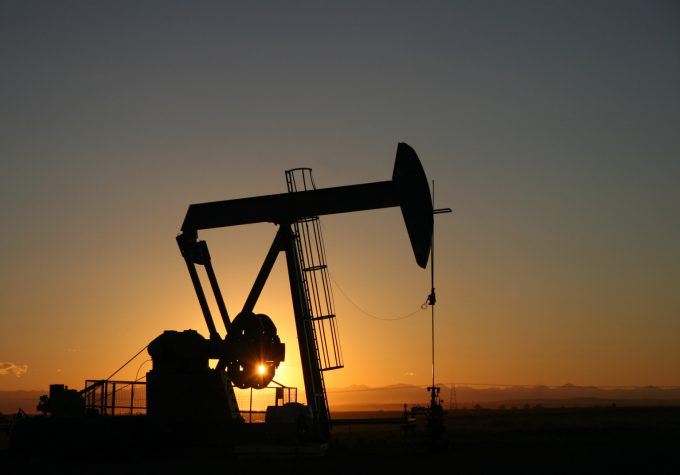OP: $180 billion and counting – what’s next for US shale M&A?
Oilprice.com‘s Tom Kool email to readers today: WTI crude is soaring back toward $80 per barrel ...

The brilliant British economist Tim Harford ruminates on the current era of cheap oil, and what it means for the global economy and the environment. Traditionally, periods of cheap oil correlate with periods of economic expansion, generally in the agriculture, industry and the consumer sectors, but a peculiar divergence under way suggests that the relationship between oil prices and economic expansion is not causal. “One of the concerns about today’s low prices is that the positions may be reversing: the big winners, American consumers, are using the spare cash to pay off debts; meanwhile, losers such as Russia and Saudi Arabia are cutting back sharply on investment and public spending. If carried to extremes, that would mean a good old-fashioned Keynesian slowdown in a world economy trying to spend less and save more.”
Etail by air – here to stay or on a short shelf life?
HMM sees opportunities in Hapag-Lloyd’s exit from THE Alliance
How crazy is this: DSV goes hostile on Expeditors or CH Robinson?
Carriers look to short-term gains over blanking, as Red Sea crisis props up rates
Cargo flows through Dubai delayed by flooding, with 300 flights cancelled
Liners unveil Asia-Europe FAK price hikes to arrest steady rate decline
Legal battle heats up over 'unseaworthy' and 'reckless' MV Dali
Alex Lennane
email: [email protected]
mobile: +44 7879 334 389
During August 2023, please contact
Alex Whiteman
email: [email protected]
Alessandro Pasetti
email: [email protected]
mobile: +44 7402 255 512

Comment on this article